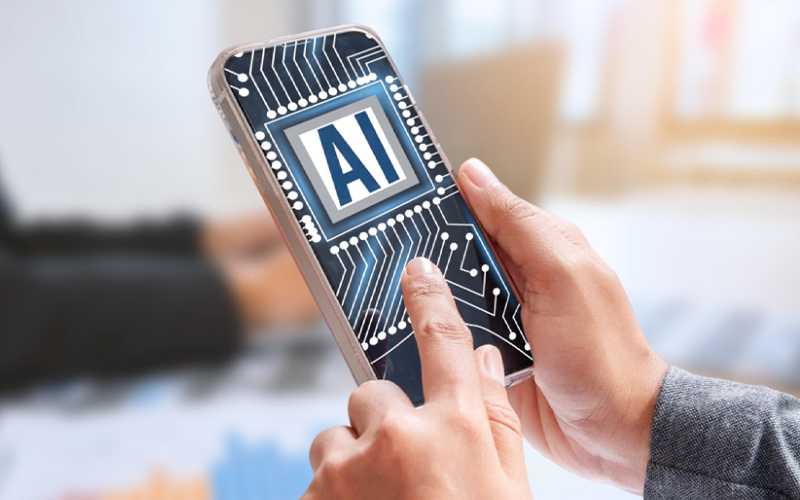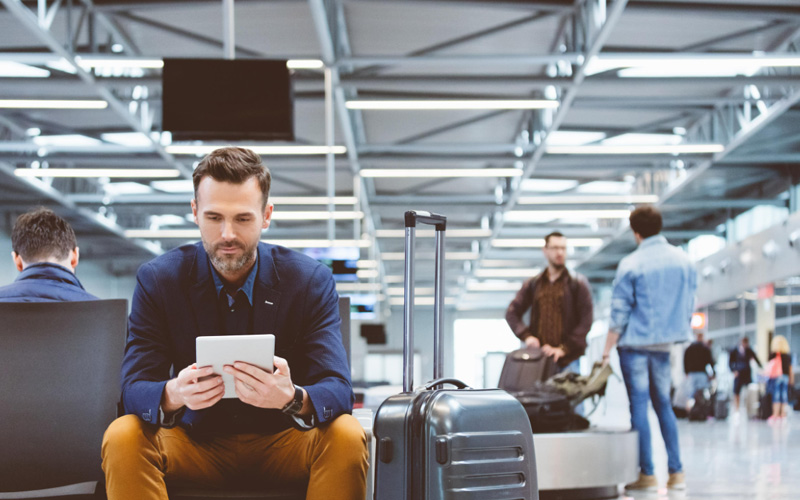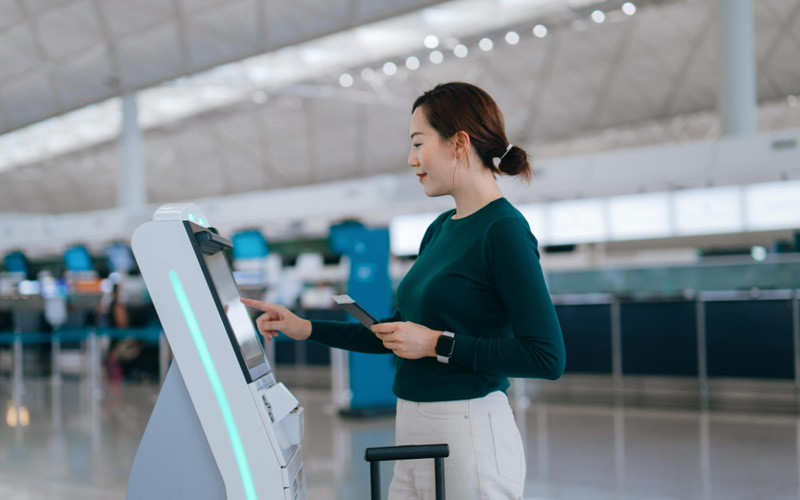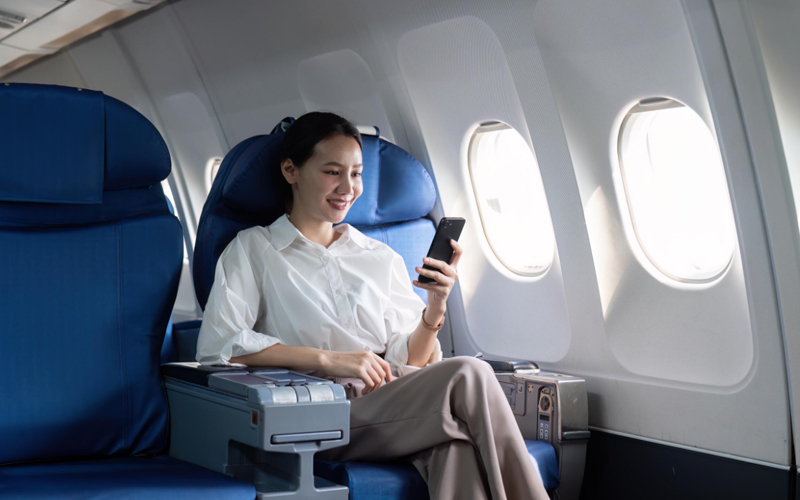The tourism and hospitality industries are undergoing a massive shift driving investments in new-age technologies, including artificial intelligence (AI), machine learning (ML), robotics, analytics, Internet of Things (IoT), and more.
Critical drivers of technology revolution within the travel and hospitality industry include changing customer demands, labour shortages, higher operational costs, and the need for efficient, personalised, and customer-centric service. Technology in hospitality is essential to address these challenges and transform the guest experience. For example, an industry report says that 39% of airlines are actively leveraging AI, and 47% are planning to do so in the future.
This article deep dives into digital transformation in hospitality and tourism, statistics, benefits, and use cases.
Technology statistics in the hospitality and tourism industry
Let us begin by looking at some of the industry statistics that show an inclination towards smart hospitality solutions through digital transformation –
- 97% of global airlines are planning digital transformation programs around AI.
- Big data is predicted to improve marketing effectiveness and boost loyalty by 35%.
- 55.8% of hotel chains plan to increase spending on existing digital infrastructure.
- Changi Airport, Singapore and Dubai International Airport are planning biometric identification instead of passports and boarding passes.
- The AR and VR-driven virtual tourism market is expected to reach $847 bn by 2028.
- By 2026, 2/3rd of hospitality businesses will use location-based awareness with unified customer data.
The numbers given above show a significant shift towards a new trend in the hospitality and tourism industry riding the wave of digital transformation.
Technologies transforming the hospitality industry
Traditional systems and technologies relied solely on programmed instructions, offering limited predictive analytics and automation. However, by leveraging the following technologies, you pave the way for smart hospitality solutions –
Automation and robotics
Global hospitality and aviation businesses are using AI-enabled chatbots and actively integrating them into the existing technology suite. Interactive AI will be the next step to generative AI and will produce content and responses based on incoming information. This means they can execute tasks autonomously, thus enhancing the mobile concierge technology.
Hotels, airports, and restaurants are beginning to use robots to serve meals, assist the staff, clean common areas, and provide self-service solutions to customers.
Artificial intelligence and machine learning
AI in hospitality and tourism is driving personalisation based on data-driven insights. Personalisation is one of the levers that helps 86% of customers make a purchasing decision. Through data collection and analysis, businesses can meet specific needs such as dietary requirements, room temperature, entertainment choices, marketing campaigns, and seasonal deals.
Voice-activated personal assistants inside hotel rooms, a prime example of technology in hospitality, provide personalised assistance by answering questions about local attractions, requesting room service, and setting alarms based on the guest’s routine.
Internet of Things
Smart devices running on IoT technology gather real-time data, feeding the big data pool for further analysis. For example, smart locks for hotel rooms are replacing traditional ones to provide keyless and mobile-operated access. Smart beds customise the guest’s sleeping experience by automatically adjusting to match the best conditions.
IoT devices at airports gather data about passenger movements within and across terminals which helps ground management in optimising the space. It also allows airline staff to provide priority check-ins and serve customers in case of an emergency.
Big data and predictive analytics
Big data forms the foundation of ML and AI models that drive data-driven decision-making. Hotels, tour businesses, and airlines can make informed business decisions based on customer behaviour and spending patterns. This allows hotels, tour operators, and airlines to personalise their offerings and enhance service quality.
Virtual reality and augmented reality
VR and AR recreated destinations and experiences for those who are willing to experience them in a virtual space, which becomes a driver for them to travel eventually. For example, potential clients can experience a country’s cultural events, landscapes, iconic landmarks, and hotel rooms in the metaverse from a remote location through VR glasses.
How can Infosys BPM help?
Provide better traveller engagement, partner with ancillary services, and drive better traveller engagement through the agile digital services architecture. With Infosys BPM, you can seamlessly integrate digital technology in hospitality and aviation, leveraging it for aircraft maintenance, watch tower operations, sustainable aviation fuel certification, the metaverse, and more. This integration of technology in hospitality ensures a cohesive and efficient experience for both travellers and service providers, enhancing overall operational excellence.
Read more about digital transformation in hospitality and tourism at Infosys BPM.








